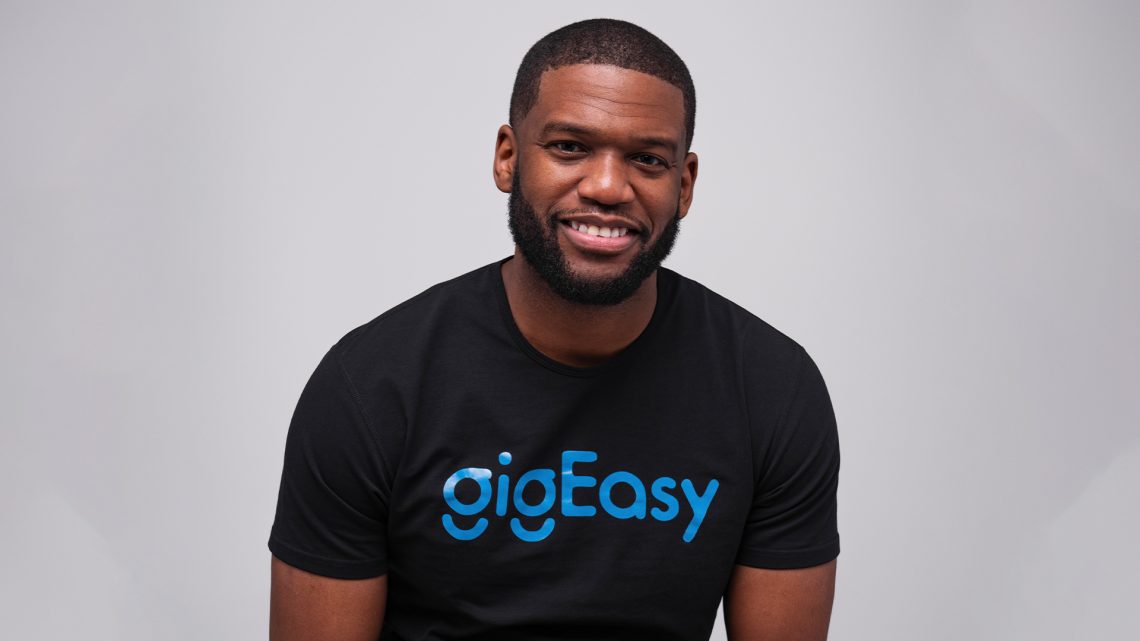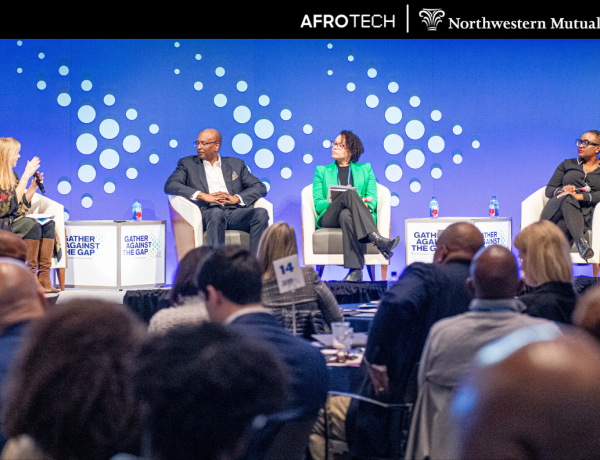Rilwan Lawal is enhancing the lives of gig workers.
Growing up in Lagos, Nigeria, since the age of 1, the entrepreneur and founder was accustomed to self-starters. Both his mother and father were entrepreneurs who owned several businesses.
“I don’t think I grew up seeing anyone around me waking up and getting ready to go to work,” Lawal, 33, told AFROTECH in an interview. “I feel like everybody around me had their own thing going on. And it was ingrained in me that at some point, I would be doing something on my own.”
He added, “My mom is the ultimate entrepreneur. I witnessed her start multiple businesses and saw it come to fruition. That has been very helpful. My dad was also an entrepreneur in the real estate space. So just seeing both sides, and being able to execute on just an idea and bring it to life, really gave me that positive thinking that I could essentially just do anything.”
When Lawal was 17, he left his family to pursue higher learning in the United States. He was interested in the technology field, which was catalyzed when he received his first computer at 8 years old. His spark of curiosity in the area led him to build a platform for streaming African movies after he was exposed to Hulu — although the venture never took off, he says.
Following his time in college, where he obtained a bachelor of science in management, Lawal spent three years in the corporate world before aggressively pursuing the technology sector in 2016 through the launch of a new startup connecting Airbnb owners with cleaning contractors.
By 2019, Lawal pivoted to become a founding product lead and ops manager at school transportation company Hugo Labs in New York.
These years of experience would go on to serve as the launch pad for Lawal’s current contributions to the sector — GigEasy.
“Within both roles, I saw firsthand how to run a company, but also the impact insurance and benefits has on gig workers through tons of conversations with gig workers, and from a finance perspective, the pain points of offering insurance to gig workers. So, I saw both sides, and for my next company, it just made sense to draw from those experiences, and that’s how we got here,” Lawal explained.
GigEasy is a startup launched in 2022 that offers health, vision, and dental insurance to contractors, rideshare drivers, and freelancers. Corporations can also opt in for the platform’s resources. However, they will adhere to a separate business model, allowing them to “pay as they go.”
Individual users can pay a $35 monthly fee, which provides them with benefits such as prescriptions, lab testing, imaging, virtual primary care, and in-person doctor visits. According to the company website, it takes three minutes for users to complete an application to obtain a quote for their coverage.
“We’re designing plans that fit the lifestyle of the gig worker. We have a $35-a-month health insurance plan so that someone that makes a smaller amount of money compared to a corporate individual can afford at least to be able to see the doctor at least three times a year,” Lawal said.
“They can call on their phone and see a therapist. They can get free prescriptions,” he continued. “So, that’s the entry-level point to be able to at least get people started in their health protection journey for them and their families. Then we also provide them dental and vision plans that you know they wouldn’t have been able to get on their own.”
Plans are available to purchase year-round and are reasonably flexible with no limitations. This means customers can enroll or opt out of their plans anytime during the year.
“It’s extremely flexible, similar to how the gig economy is,” Lawal noted. “The new generation of workers, Generation Z, and the people coming behind them, flexibility is the No. 1 priority for them. This is a new way of working. COVID-19 has accelerated that growth. So we’re just leaning in to build that infrastructure to let this industry thrive.”
GigEasy announced a $1.3 million pre-seed funding round thanks to the support of investors that include Zeal Capital Partners, Barclays Bank, Bain Capital Ventures, and GoAhead Ventures, per LinkedIn. The investment will accelerate product development and support the launch of a new feature that will reimburse users for health expenses.





